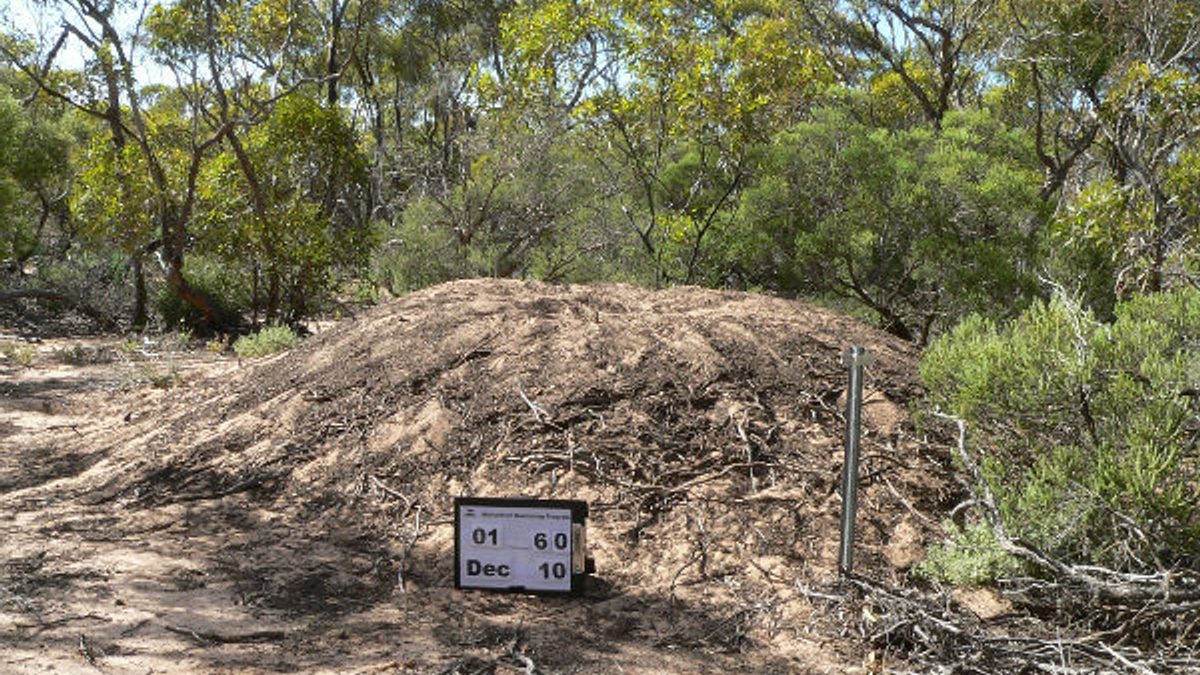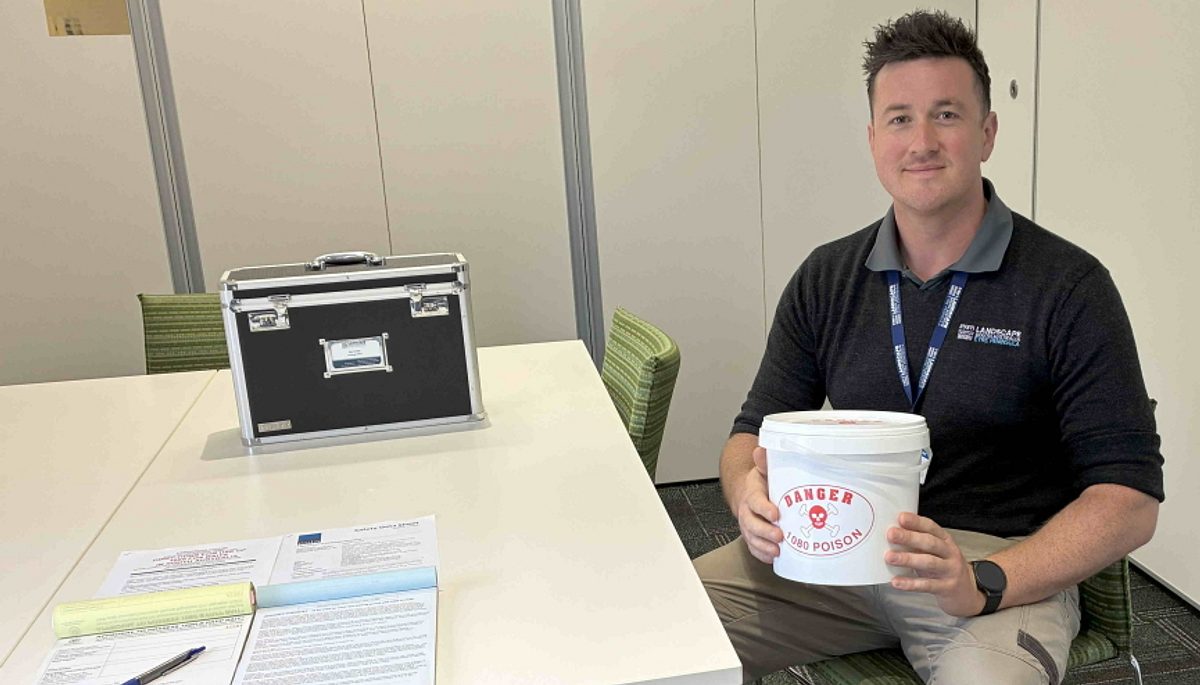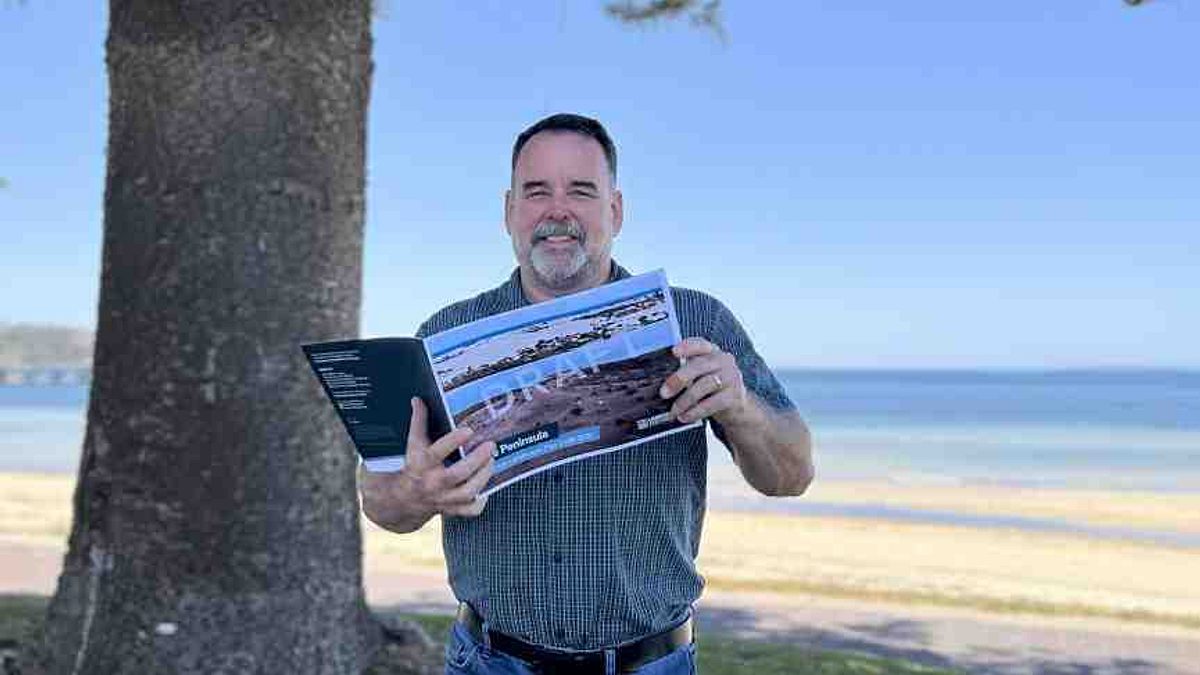Nests the size of a small room
They build massive mounds, which they then fill with leaves, like a giant compost heap, to keep their eggs warm. This is just one of many unique facts about Malleefowl that make them special to the many volunteers who spend hours in the Mallee searching for mounds that a pair of birds may be actively tending during the summer months.
They build massive mounds, which they then fill with leaves, like a giant compost heap, to keep their eggs warm.
This is just one of many unique facts about Malleefowl that make them special to the many volunteers who spend hours in the Mallee searching for mounds that a pair of birds may be actively tending during the summer months.
Natural Resources Eyre Peninsula (NREP) staff and local volunteers recently monitored Malleefowl sites on eastern Eyre Peninsula.
Natural Resources Officer, Iggy Honan said that while activity was generally lower than last year, some birds still had tended their nests which is great news.
“Each year a band of volunteers and staff check hundreds of mounds across Eyre Peninsula as part of a National Malleefowl program that is concerned about this bird’s long term wellbeing,” Ms Honan said.
With much of the best land that was once Mallee now being used for farming, Malleefowl numbers are lower than in the past. There are still large tracts of quality, ungrazed Mallee vegetation where these birds continue to build their massive mounds.
“Two of the mounds found locally this year are around six metres in diameter and up to 1.6 metres high- about the same size as a pile of dirt from a 5 tonne truck.
“At this time of year the birds work the mounds morning and night, covering and removing leafy material to ensure a constant temperature for the eggs to incubate.
“Then the chicks climb up through the dirt and are left to their own devices.
“Foxes are their immediate enemy – killing young birds and digging out and eating the eggs before hatching.
“Livestock can remove and alter the vegetation that Malleefowl rely on for food and shelter.
“Increases in temperature and less rainfall also have a huge impact on the breeding success of these very unusual birds.”
“We are thrilled to have some dedicated volunteers and it would be super to have some more to help with the annual mound surveys.”



